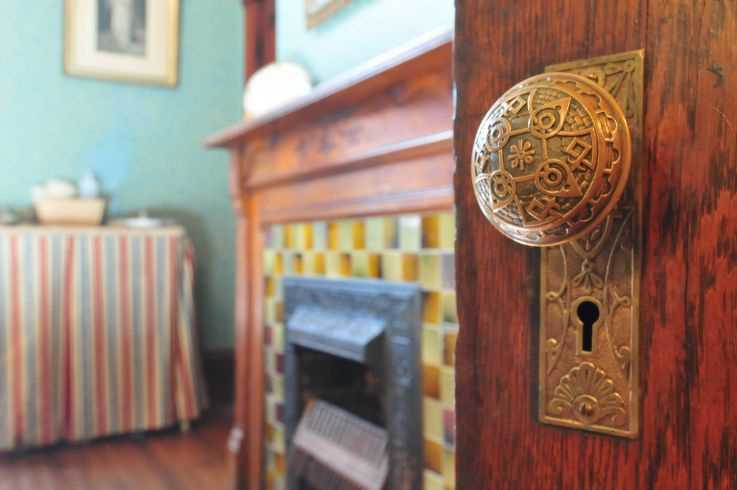 A doorknob ban sounds like too silly of a law to be real, but it is.
A doorknob ban sounds like too silly of a law to be real, but it is.
Vancouver, Canada, businesses and residents will soon be forced to install only lever-style door handles on new buildings. It doesn’t stop there. New construction also must install lever-style faucets. Gone are doorknobs and knob handles. All existing homes, offices and businesses will be grandfathered.
Making public buildings and stores more accessible to all residents may be a fine idea, but forcing private homeowners to follow suit is just plain wrong, critics of the policy say.
University of British Columbia Professor Tim Stainton believes the Vancouver doorknob ban stems from following the concept of “universal design.” The philosophy aims to make society as accessible and open to as many folks as possible. Since doorknobs may be difficult for individuals with physical disabilities to manipulate, installing an easy-to-operate lever is the more viable option under the universal design initiative, he says.
Stainton told the Vancouver Sun:
Basically, the idea is that you try to make environments that are as universally usable by any part of the population. The old model was adaptation, or adapted design. You took a space and you adapted for use of the person with a disability. What universal design says is let’s turn it around and let’s just build everything so it is as usable by the largest segments of the population as possible.
One example of what Stainton is referencing is the cut curbs on every street corner. That helps elderly people, people with visual impairments, moms with strollers. It makes a sidewalk that could otherwise be difficult for parts of the population universally accessible.
Allen Joslyn, president of Antique Door Knob Collectors of America, is just one of many irked by the Canadian doorknob ban. He said:
I can understand if you have a public building where everybody wants to have free access and that is a problem. But to say that when I build my private home and nobody is disabled that I have to put levers on, strikes me as overreach.
Vancouver is the only city in Canada to possess its own building code. The local newspaper suggests that as goes the city, so will it be in British Columbia and ultimately the nation. The changes made to Vancouver’s building code are also often reportedly incorporated into a plethora of other cities and then Canada’s National Building Code.
The beautiful Art Deco style Vancouver City Hall was the first to fall victim to the doorknob ban. Before the law even went into effect, city workers removed the ornate and personalized brass knobs from the 1937 building that was included on a historic heritage list.
Former Vancouver Chief Building Inspector Will Johnston wrote the doorknob ban amendment.
“Technology changes. Things change. We live with that. When I look at what we are proposing, it is simply good design. It allows for homes to be built that can be used more easily for everybody,” Johnston said.
The problem is, critics say, the entire population does not live at the home – only the person who writes a check for the mortgage does. That individual should be the only person who has the power to decide what will be turned, pulled, or lifted to gain entry to the house – and what types of faucets are in the bathroom.
Before Americans laugh too hard at our northern neighbors for the new law, we should take a long, hard look at our own recent history. Our grandparents would have scoffed equally hard at many of our own laws. Have you searched for an incandescent light bulb or any type of commode that is not specifically low-flush lately?











